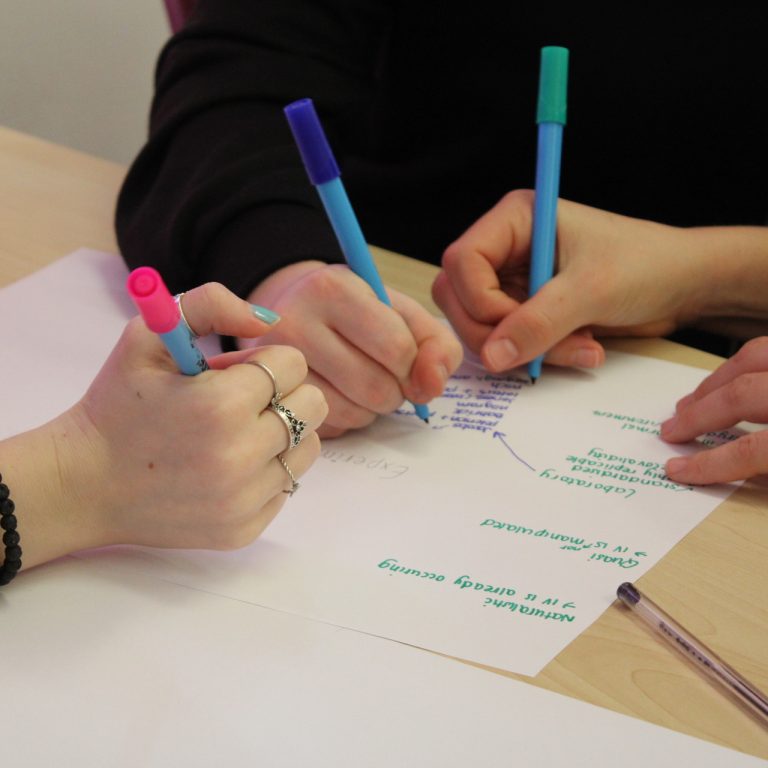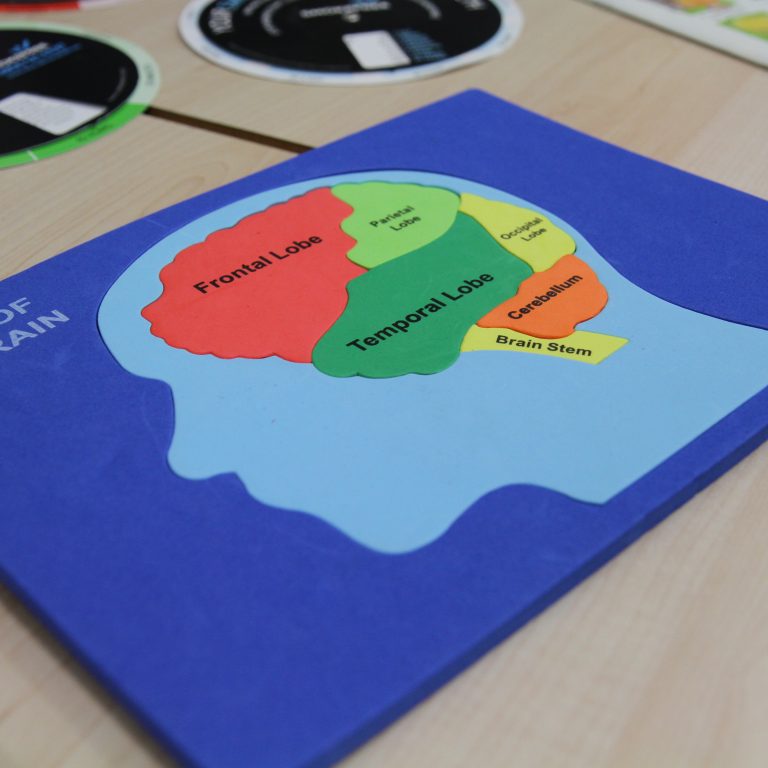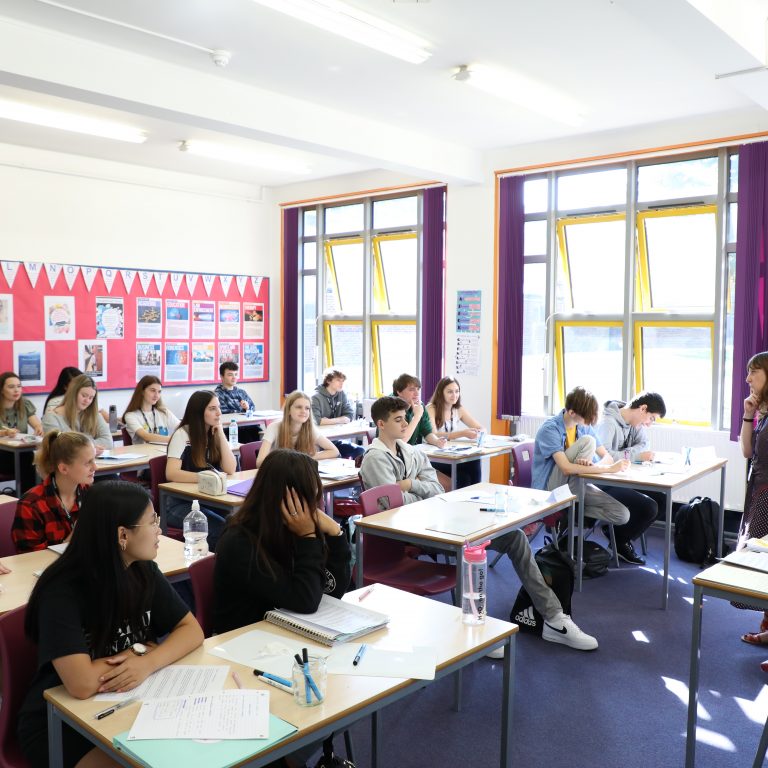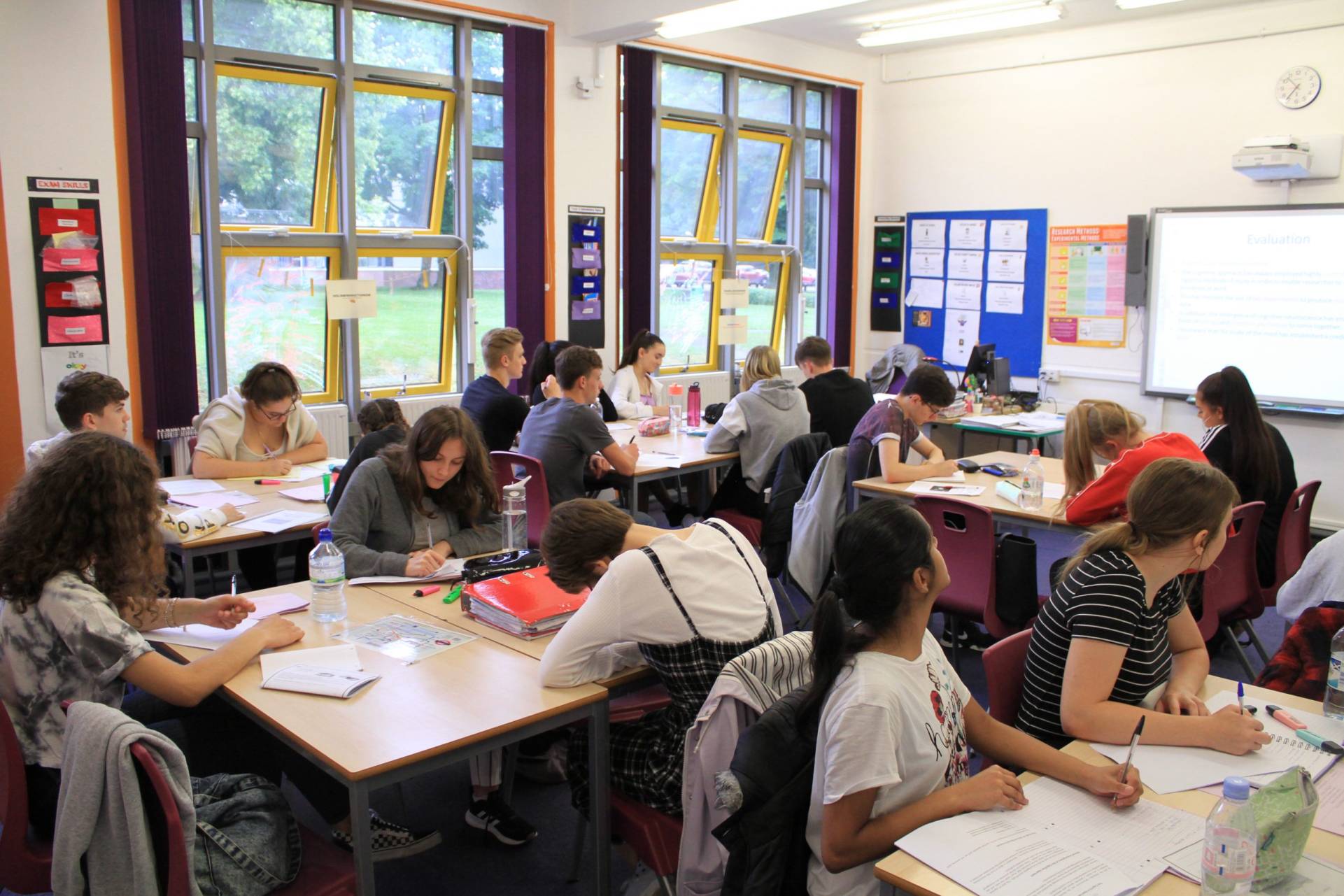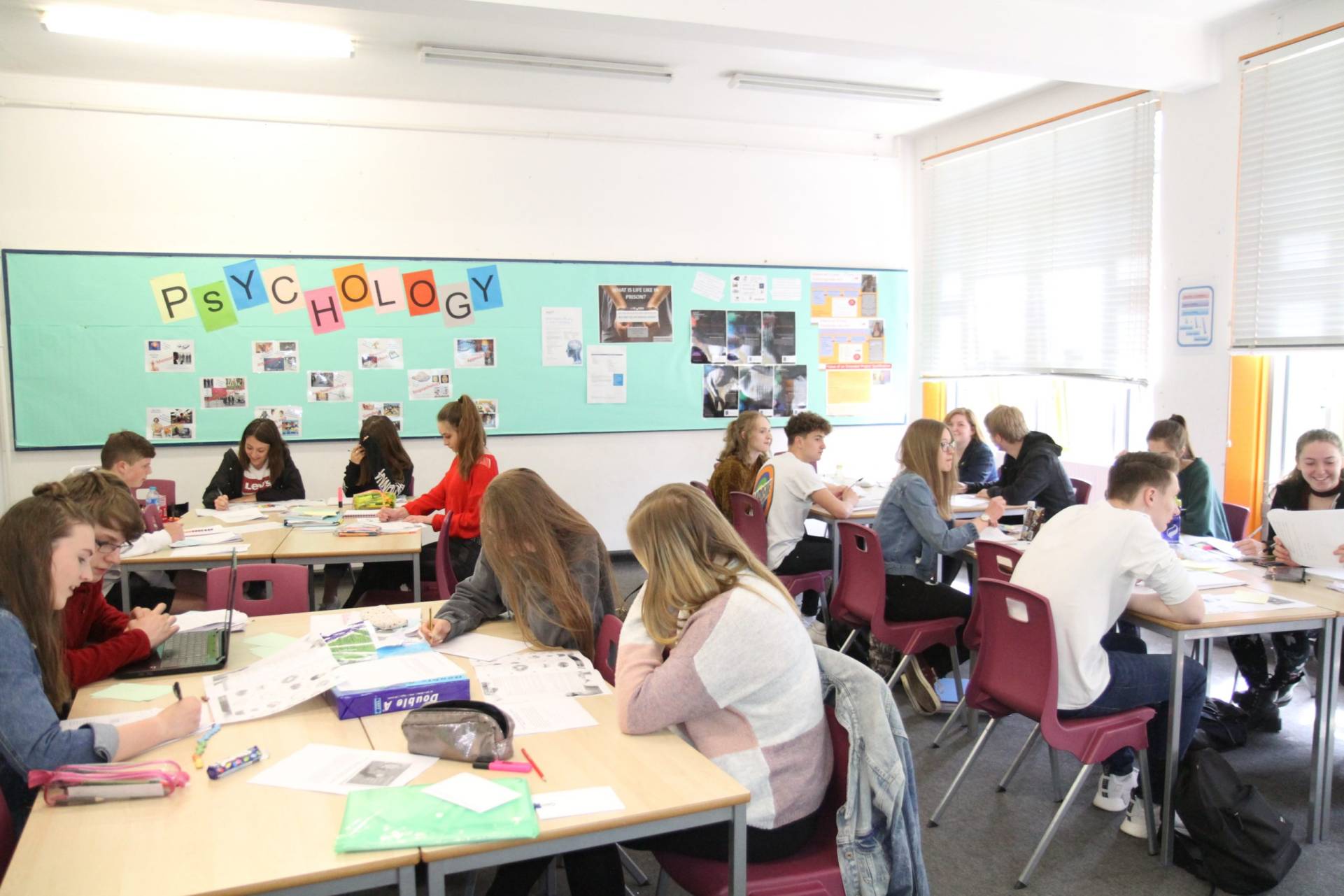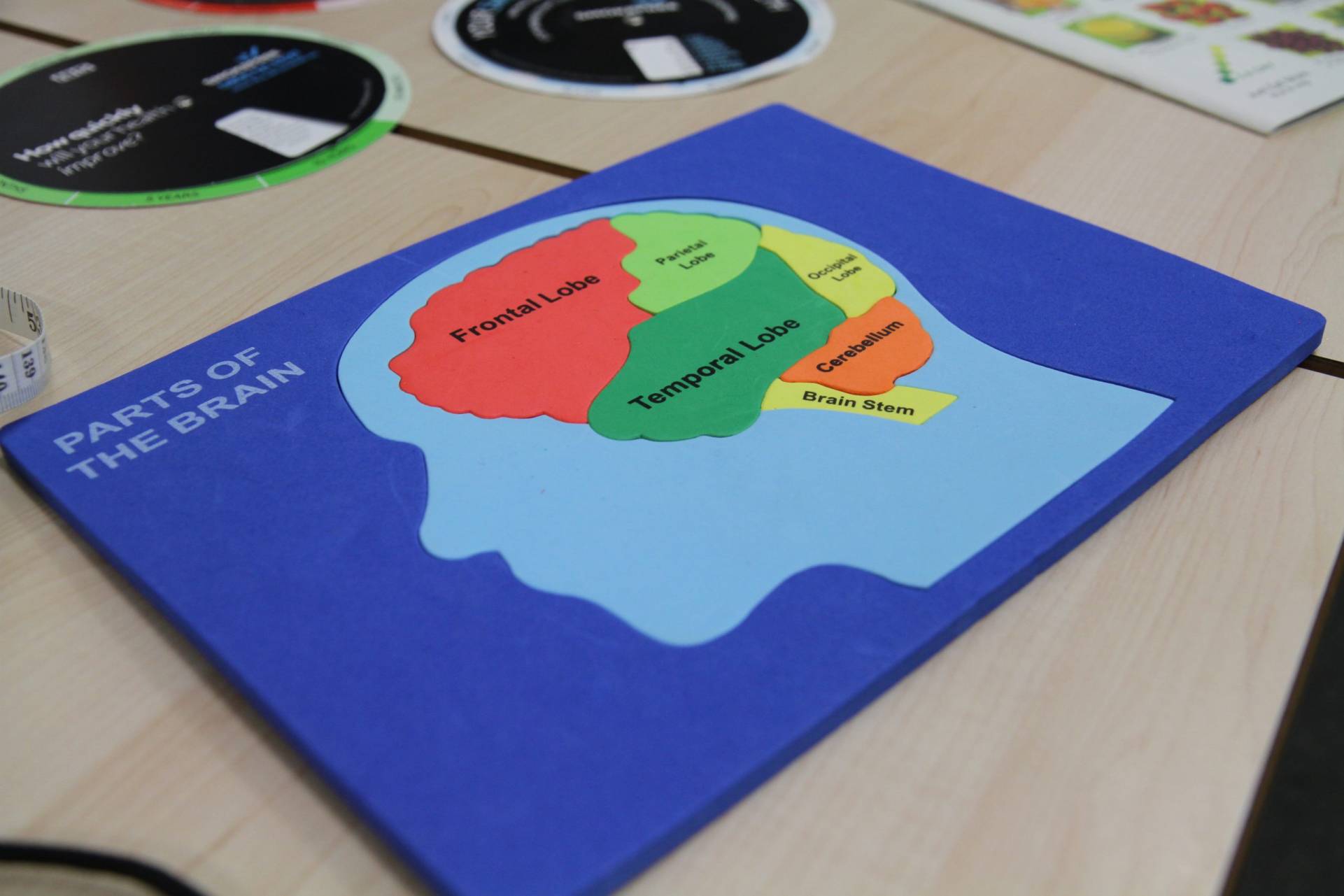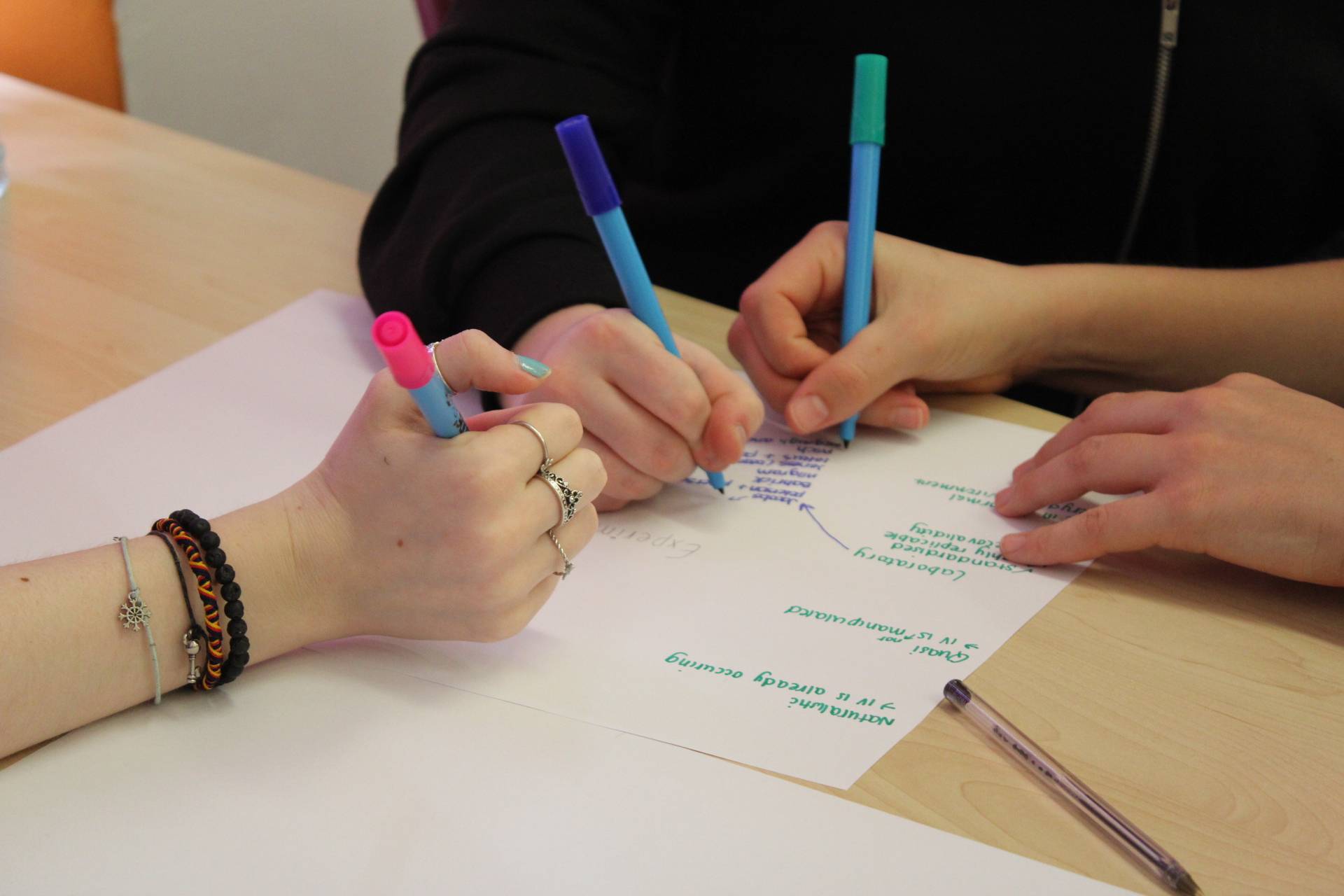The Psychology A Level course will allow you to study human behaviour and mental processes. This scientifically grounded course challenges perceptions, covering exciting topics such as memory, responses to authority, sleep patterns, causes of psychopathy and more. Psychology holds relevance across various fields, fostering engaging discussions and debates where students will come to develop an awareness of different values and expectations spanning different cultures and social groups. This in turn will help to understand both the similarities and differences which make the world a very interesting place to be in.
As part of your studies you’ll assess the merits of competing theories and explanations. Your understanding will be enhanced by our links with highly renowned academics and via the additional enrichment activities on offer. Teachers within the department come from a variety of backgrounds and specialisms, bringing an often unique quality to their teaching. Having high standards and expectations means that each individual in their care is guided to achieve to the best of their ability.
Exam board: AQA


